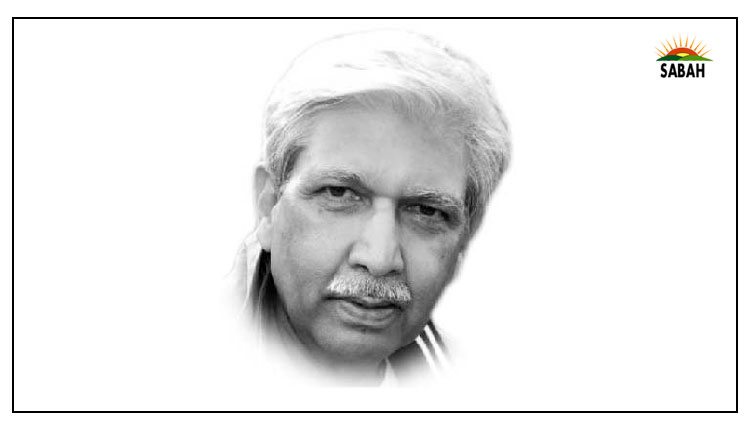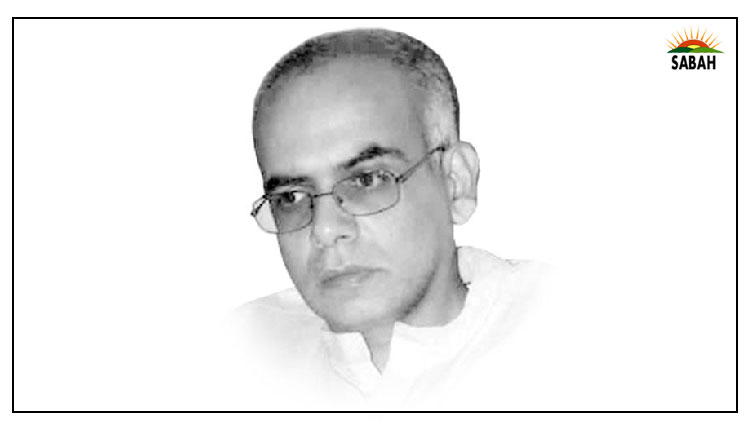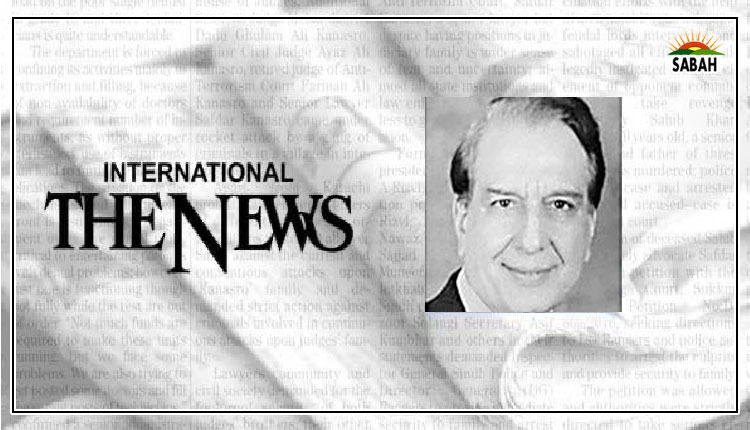Gandhi’s legacy in Modi’s India
In India, Mahatma Gandhi and Narendra Modi represent different eras and ideas. Mahatma Gandhi’s peaceful opposition to British colonial tyranny shaped world history. In contrast, Narendra Modi, the Indian Prime Minister, has drawn attention and divided minds owing to his disputed policies and the seeming rise in violence. It’s crucial to compare Gandhi’s nonviolent approach to Modi’s India and reflect on two significant figures who have had different effects on the nation.
The ‘Father of the Nation’ in India, Mahatma Gandhi promoted nonviolence. The person’s life and actions were based on satya i.e. truth and nonviolence. Gandhi believed that peaceful resistance might change society and politics without violence. The person advocated for Indian independence from British colonial rule via civil disobedience, fasting and peaceful protests. Gandhi preached nonviolence beyond politics. He stressed the need for living a decent and ethical life, promoting harmony and respecting everyone’s worth. Symbolic of optimism for India and the world, the individual’s peaceful approach inspired civil rights movements and significant personalities like Martin Luther King Jr and Nelson Mandela.
Narendra Modi represents a different political era in India. He rose to power through economic policies and controversial topics. Modi’s reign has seen policy changes including the GST and the ‘Make in India’ push. These economic improvements aimed to boost India’s growth and development. However, Modi’s leadership has been marred by controversies accusing him of promoting Hindu nationalism and ignoring minority rights. During his time as Gujarat Chief Minister, the 2002 Gujarat riots sparked heated debate about whether he did enough to prevent bloodshed. Moreover, the administration led by Modi has faced criticism for its management of social matters, encompassing the treatment of dissent and the preservation of free expression. The use of sedition laws towards activists and journalists has elicited apprehensions over the preservation of freedom of expression within the context of India. The aforementioned controversies have engendered a view of an India under Modi’s leadership that is characterised by increased authoritarianism and division.
The examination of Gandhi and Modi highlights notable disparities in their leadership styles and methods of government. While Mahatma Gandhi campaigned for the principles of nonviolence and social peace, contemporary India under the leadership of Prime Minister Narendra Modi has encountered criticism due to the perceived escalation of violence and societal divisions. The following are significant aspects to consider when reflecting upon these two individuals:
Gandhi’s dispute resolution methodology revolved around the principles of nonviolence and discourse. He espoused the efficacy of nonviolent diplomatic discussions as a means of resolving conflicts. Critics contend that the administration led by Prime Minister Modi has not consistently placed dialogue as a top priority and has faced allegations of employing legal mechanisms to suppress criticism.
Gandhi advocated for the principles of inclusion and reverence for many religious and communal groups. He strongly advocated for the promotion of unity among variety. The leadership of Prime Minister Modi has been subject to claims of exhibiting a preference for Hindu nationalism at the expense of secularism, hence raising apprehensions over the treatment of religious minority groups.
Gandhi’s primary emphasis lay on achieving political autonomy and promoting social equity, rather than on economic restructuring. During Modi’s term, there has been a notable focus on implementing economic reforms, which encompass several efforts designed to enhance India’s economic development and bolster its global competitiveness.
Gandhi’s ideology of nonviolence exerted a significant effect on leaders and movements worldwide, particularly those advocating for civil rights and justice. Prime Minister Modi has endeavoured to enhance India’s international standing through cultivating diplomatic ties and actively seeking commercial collaborations.
Both Mahatma Gandhi and Narendra Modi have encountered problems during their respective tenures in the public sphere. In recent years, Gandhi’s perspectives on race and sex have been subjected to examination, with certain opponents emphasising inconsistencies between his personal life and his professed ideals. Regarding Modi, the Gujarat riots of 2002 continue to be a subject of debate, since there are claims of insufficient measures taken to suppress the outbreak of violence. Furthermore, the manner in which his administration has managed opposition and the right to express oneself has incited deliberation and censure.
The aforementioned juxtaposition of these two individuals serves to exemplify the intricate and varied aspects of leadership and governance within the context of a heterogeneous and ever-evolving nation such as India. This statement encourages individuals to contemplate the values and concepts that influence their perception of leadership, as well as the strategies that leaders employ to realise their vision for their country. Gandhi and Modi represent two divergent personas within the annals of Indian history, with each one leaving an indelible imprint on both the nation and the global stage. The continuous discourse around the legacies of individuals continues to exert a significant influence on the current and prospective trajectory of India.
Courtesy The Express Tribune, October 14th, 2023.












